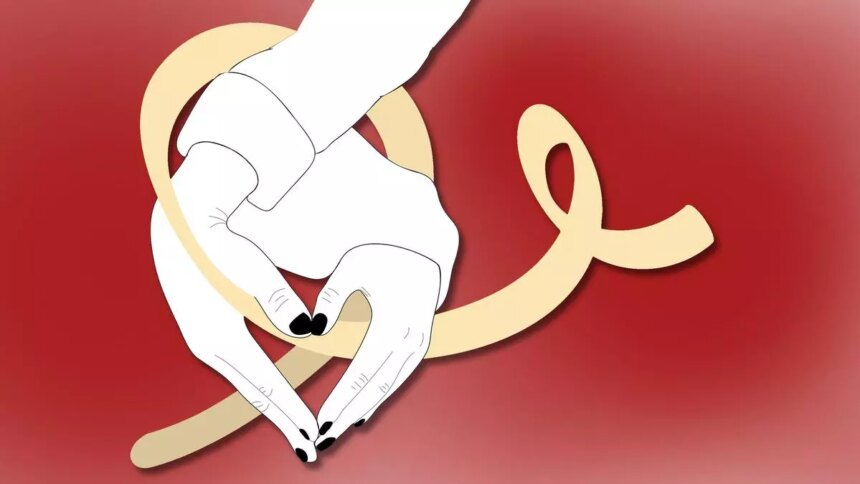The issue of access to life-saving treatments for spinal muscular atrophy (SMA) in India is a pressing concern that highlights the inequalities in healthcare that exist in the country. Families battling SMA are facing financial and bureaucratic hurdles that prevent them from accessing the treatments they need to survive. The astronomical prices of drugs like Evrysdi, compared to other countries, further exacerbate the situation.
Despite the introduction of the National Policy for Rare Diseases (NPRD) in 2021, which aimed to provide financial relief to families with rare conditions, the allocated funds are insufficient to cover the costs of treatments like Zolgensma and Evrysdi. Families are left to make heartbreaking choices, such as selling assets or incurring debt, in order to save their loved ones.
The Indian government has the power to issue compulsory licenses for generic versions of patented drugs in health emergencies, such as SMA. By invoking these licenses, the government can enable more affordable alternatives for patients and alleviate the financial burden on families. Additionally, expanding the National Rare Diseases Fund and streamlining the fund disbursement process can ensure that patients receive the support they need in a timely manner.
It is crucial for India’s pharmaceutical industry to take a stand against monopolies and prioritize the health and well-being of patients over profit-making. By providing equitable access to life-saving treatments for rare diseases like SMA, the government can demonstrate its commitment to protecting the most vulnerable members of society. No family should have to fight their health battles alone, and it is imperative that India acts decisively to ensure that every life is valued and saved at all costs.










